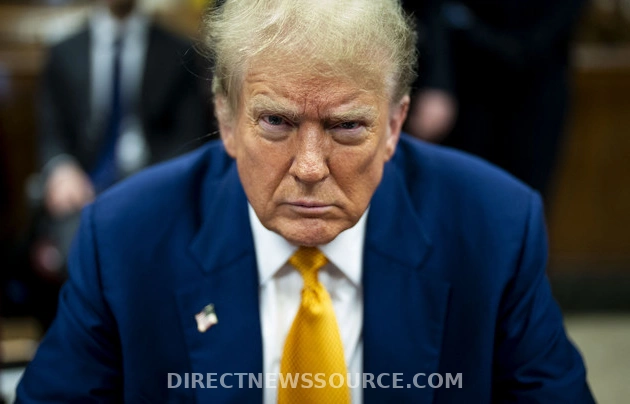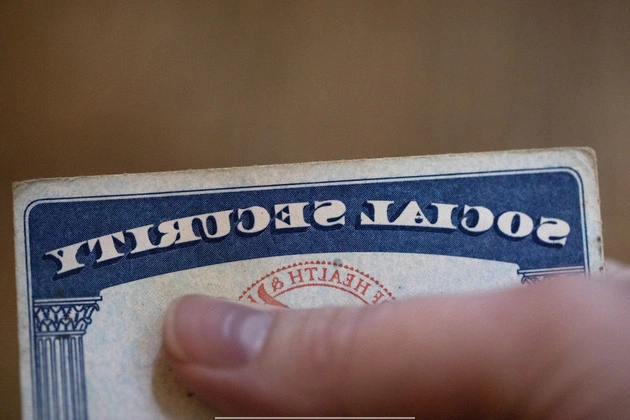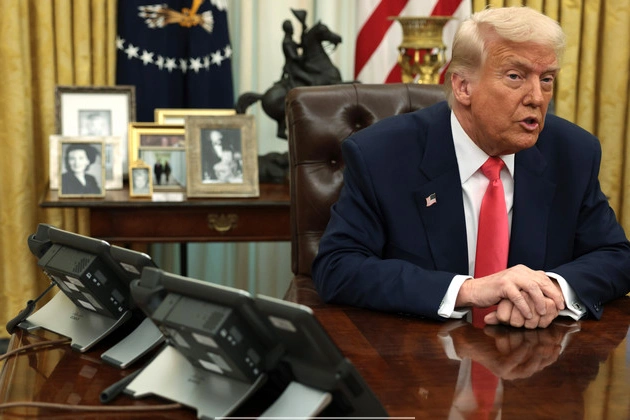
Trump's Critique of the Justice System: An Analysis of Recent Sentencing News
Donald Trump’s legal troubles seem to be fading after his presidential victory, but his recent criticism of the justice system has sparked controversy. The president-elect expressed frustration over what he views as unfair treatment by the courts, particularly in light of his upcoming sentencing.
Unpacking Trump’s Claims
Trump’s outspoken remarks on social media have drawn attention to his perceptions of judicial bias. Despite facing a criminal hush money conviction, Trump maintains his innocence, alleging that the charges are politically motivated. He accuses the judiciary of targeting him unfairly, echoing his previous assertions of being a victim of legal persecution.
Challenges and Consequences
As Trump faces the prospect of sentencing, his confrontational stance towards the justice system raises concerns about the integrity of the legal process. His attacks on judges and prosecutors reflect a broader skepticism of institutional impartiality, fueling debates about the rule of law and political interference in legal matters.
Implications for the Justice System
Trump’s criticisms extend beyond personal grievances to broader criticisms of the justice system in New York and beyond. His accusations of corruption and bias highlight underlying tensions between political figures and the judiciary, underscoring the complexities of legal accountability and public trust in the legal system.
Looking Ahead
As Trump prepares to assume the presidency, his contentious relationship with the justice system sets the stage for potential conflicts and reforms within the legal landscape. The implications of his rhetoric and actions on the judiciary remain to be seen, shaping the dynamics of legal proceedings and public perceptions in the coming term.















